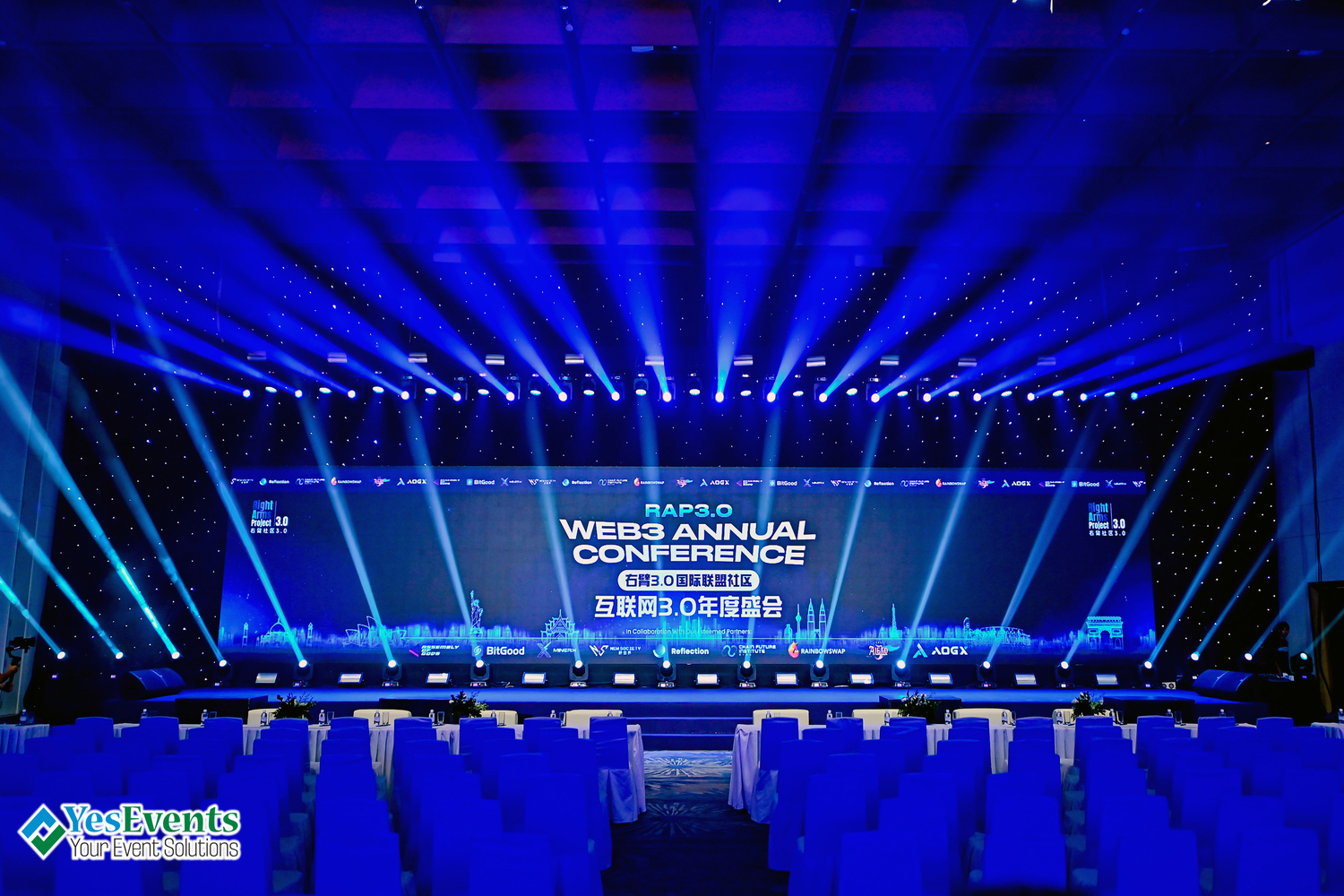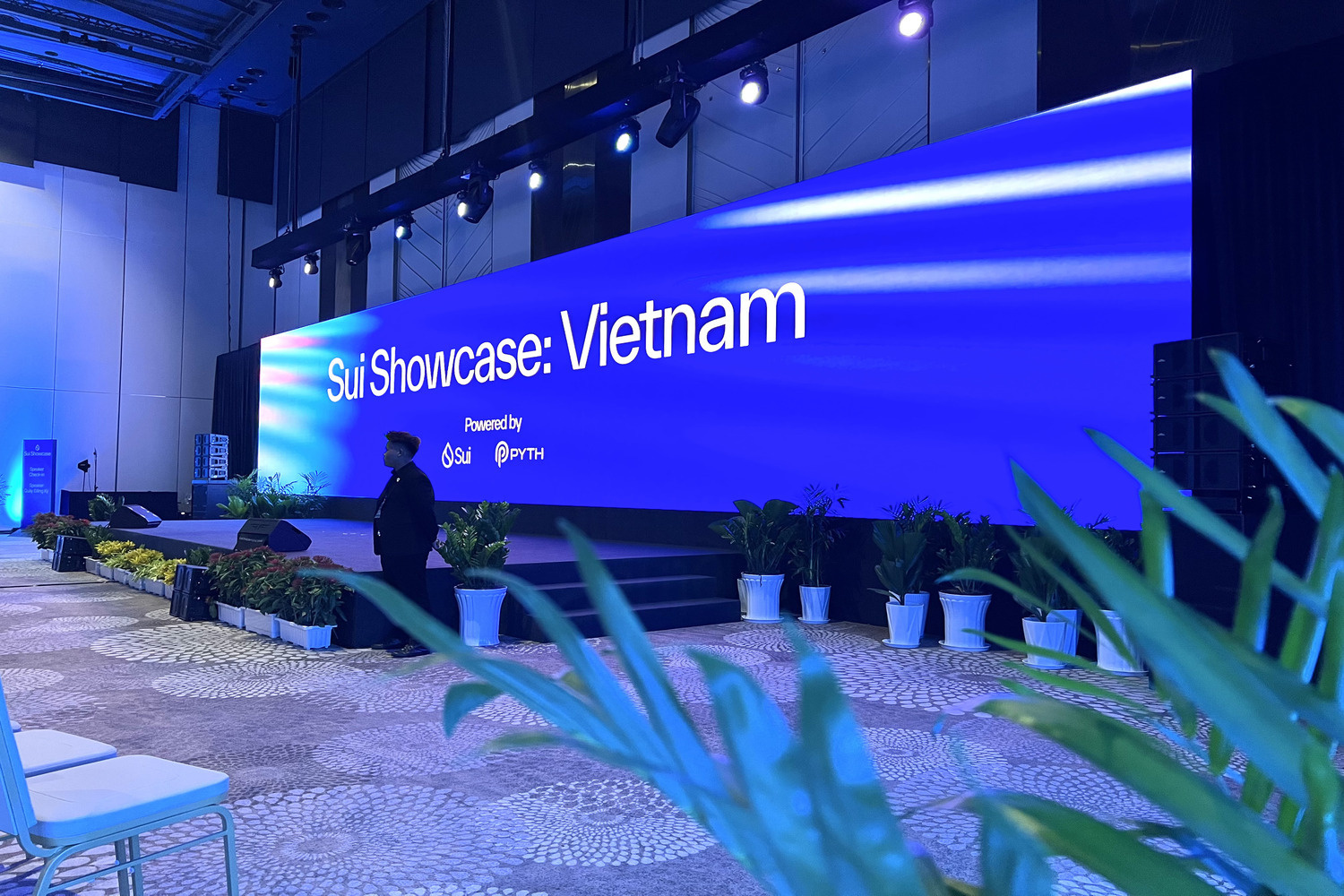Types Of Events
| Date: 08/02/2025, 04:34 AM |How Many Types of Events?
What is Event Management?
Event management involves executing various tasks for a program or event from the initial concept to its conclusion. This process includes brainstorming ideas, scriptwriting, designing, constructing, and organizing the event.
Event activities span various types such as personal, social, commercial, business, entertainment, and sports. They can take on numerous forms such as roadshows, conferences, press conferences, exhibitions, and festivals, all aimed at conveying messages that the event organizer wants the public to perceive.
Event management involves applying project management methods and tools to create and execute events. This process includes brand research, identifying the target audience, developing themes and ideas, and coordinating technical aspects before the event takes place. Each event is unique, so planning and execution processes differ depending on the type of event.
YesEvents, an event management company, shares insights about the common types of events in the event management industry.

Understanding of Event
Events are defined as gatherings of people in a public place to celebrate, educate, market, or meet. Each event has specific purposes, objectives, timelines, and target audiences. Events can be recurring.
Common Types of Events
Corporate Events
-
Conference: A major corporate event focusing on a specific topic, product, or service, which may include speakers, exhibitions, roundtable discussions, networking, dining, and entertainment. Conferences are often held online nowadays.
-
Seminar: Similar to conferences, seminars aim for learning, training, and information dissemination, often involving smaller group discussions that then convene into a larger group for sharing and networking.
-
Company Meeting: This can be an internal meeting or between the company and external partners, including board meetings, executive meetings, kick-off meetings, mid-year meetings, year-end meetings, or meetings regarding rebranding or business strategy.
-
Team Building: Activities designed to address issues or convey messages, held indoors or outdoors, including brainstorming, presentations, physical and mental activities, often combined with company meetings or reward trips.
-
Company Party: Events like year-end parties, gala dinners, award dinners, or Christmas parties, involving themes, ideas, designs, decorations, opening ceremonies, key moments, performances, and award presentations.
-
Product or Service Launch: Promotional events involving themes, ideas, locations, designs, decorations, openings, key moments, and performances, with an attendance ranging from dozens to hundreds of people.
-
Anniversary or Celebration: Events to show appreciation, strengthen bonds, and celebrate achievements, similar to corporate events with themes, ideas, locations, designs, decorations, openings, key moments, performances, and awards.

Non-corporate Events
These include weddings, birthday parties, exhibitions, charity events, fundraisers, festivals, sports events, fashion shows, political events, and religious events.
New types of events may emerge or be creatively designed according to needs.
Other news
- What Is The Reliable Event Company?
- Which Online Platform Should an Event Company Advertise On?
- Can ChatGPT Assist Event Companies?
- Writing Event Proposal for Corporate with HSSBC Method
- Event Proposal & Maslow's Hierarchy of Needs
- Concept for Year End Party 2021
- 5 Concept for Christmas Party 2021
- Conference and Meeting | What is Different?
- Concept For Year-End Party 2020
- Concept For Christmas (Noel/Xmas) Party 2020
